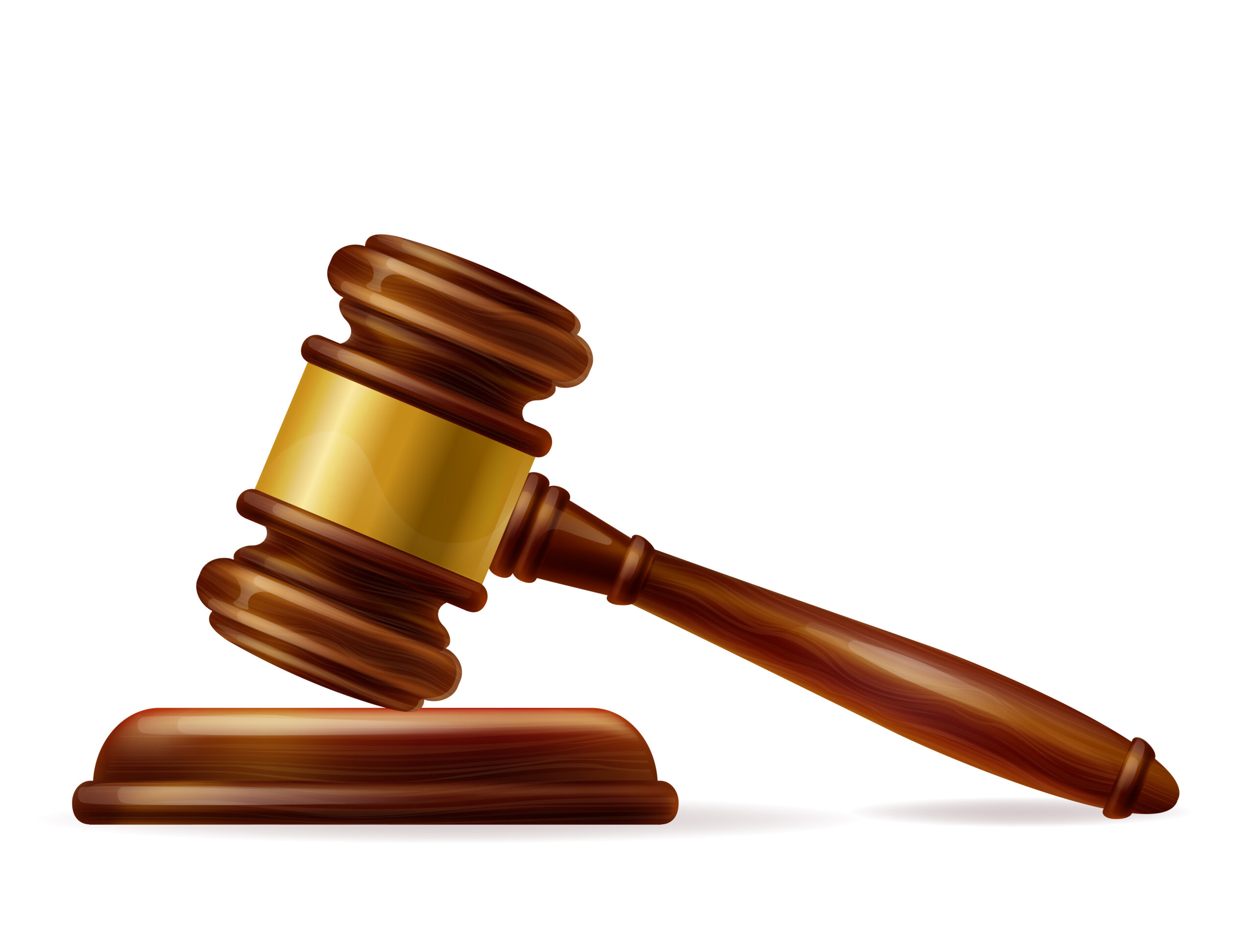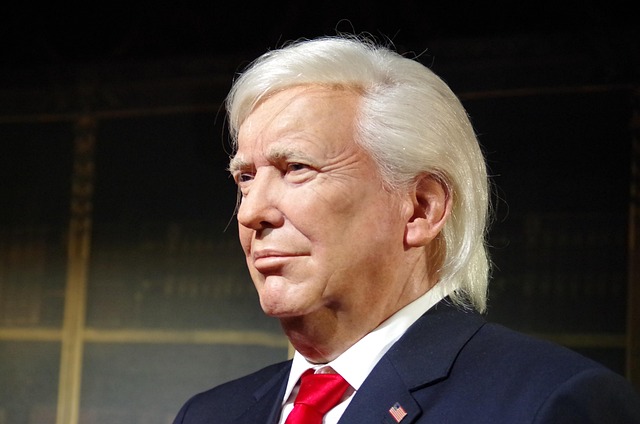Social Media Defamation Laws You Must Know: Complete Guide
1. Introduction
Social media has changed how people share information, voice their opinions, and connect with others over the past ten years. Platforms like Facebook, Instagram, Twitter (now X), TikTok, and YouTube allow anyone to post content instantly to a wide audience.
While this freedom of expression is empowering, it also comes with serious legal responsibilities. One area where users often cross the line—sometimes without realizing it—is defamation.
Defamation on social media is a growing concern for individuals, businesses, and governments worldwide. A careless tweet, a false accusation in a Facebook comment, or a misleading Instagram story can damage someone’s reputation permanently. In many countries, such acts can lead to lawsuits, fines, and even jail time.
This guide will break down what defamation is, how it applies to social media, examples from real life, laws in different countries, and practical steps to protect yourself both legally and ethically.
2. What is Defamation?
Defamation refers to the act of making a false statement about someone that harms their reputation. It can take two forms:
Libel – Written or published false statements (including online posts).
Slander—spoken false statements.
On social media, defamation is usually libel because posts, tweets, and captions are published content.
Key elements of defamation include:
The statement must be false.
>It must harm the person’s reputation.
>It must be communicated to others (not just privately).
>It must be presented as a fact, not clearly as an opinion.
3. How Social Media Defamation Happens
Social media defamation can take many forms:
Posting false accusations about a person or business.
Sharing unverified rumors or misinformation.
Posting edited images or videos that mislead viewers.
Fake product or service reviews meant to harm a competitor.
campaigns of harassment in which multiple individuals target a person’s reputation.
Example: If someone writes on Twitter, “The owner of XYZ Restaurant uses expired meat,” without proof, and it damages the restaurant’s reputation, that can be considered defamation.
4. Defamation Laws by Country
Different countries have different legal approaches to social media defamation.
📍Pakistan In Pakistan, defamation is covered under:
Pakistan Penal Code (Sections 499-502)—Criminal defamation.
Prevention of Electronic Crimes Act (PECA) 2016—Covers online defamation.
Punishment can include fines up to PKR 1 million and imprisonment up to 3 years.
📍 United States
Governed by state laws and the First Amendment.
Public figures must prove “actual ”malice”—that the false statement was made knowingly or with reckless disregard for the truth.
Penalties are usually financial damages.
📍 United Kingdom
The Great Britain Defamation Act 2013 requires claimants to show “serious harm” to reputation.
Allows defenses such as truth, honest opinion, and public interest.
5. How Courts Decide Defamation Cases
In most cases, courts look for:
Falsehood – The statement is not true.
The evidence of harm includes the loss of a job, clients, reputation, or emotional distress.
Public vs. private figures—Public figures need stronger evidence of intentional harm.
6. Penalties for Social Media Defamation
Penalties vary by country but can include:
Fines (can range from hundreds to thousands of dollars).
Prison sentences (especially in stricter jurisdictions).
Civil damages (compensation to the victim).
content that the court ordered removed.
7. How to Protect Yourself from Defamation Claims
Think before posting—ask yourself, “Do I have proof?”
Use disclaimers for opinions (“In my opinion…”).
Before releasing news, verify the facts. Avoid name-calling or personal attacks.
8. What to Do If You Are Defamed on Social Media
Collect evidence. Take screenshots and save links.
Report to the platform. Most have a legal complaints system.
Seek legal advice, especially if the damage is significant.
Consider mediation. Sometimes a settlement is better than a long court battle.
9. Famous Social Media Defamation Cases
Johnny Depp vs. Amber
Heard—Although the trial was not entirely driven by social media, online content fueled much of it.
Australian Politician’s Facebook Comment Case
A court ruled that even hosting defamatory comments can be punishable.
Business vs. Fake Reviewer
Multiple companies have sued individuals for fake negative Google or Yelp reviews.
10. Conclusion
Social media is a powerful tool, but it can be dangerous if misused. Defamation laws exist to protect people from false statements that harm their reputation. By understanding these laws and being mindful of what you post, you can enjoy the benefits of social media without risking legal trouble.














Post Comment